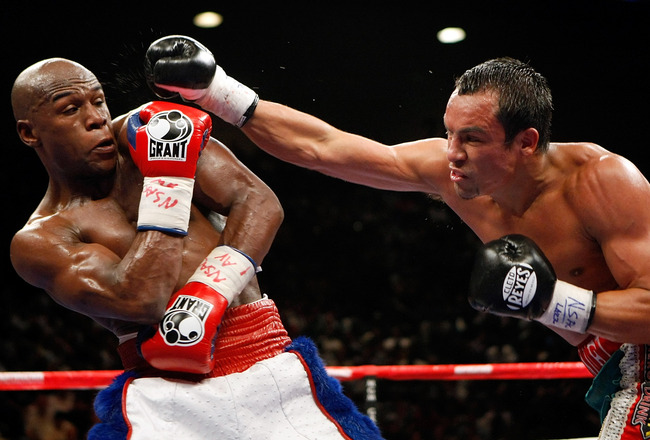I wouldn't go so far as to say someone who spars every round to win is necessarily being selfish. I would say that they are perhaps being counterproductive towards their own development.
For one thing, always trying to win every round means that you have to bring your "A" game every time - the techniques and tactics you are best at. This means that you don't risk trying out the techniques and tactics that you are mediocre or downright bad at. Which means that you never get the chance to develop those other approaches to broaden your skill set. There's a lot of value in forcing yourself to try techniques that you aren't confident with during sparring, so that you can discover the failure points and how to fix them. This is what I was doing when I sparred with my boxing friend using only Jow Ga punching methods.
This same concept also applies to putting yourself in bad positions so that you can practice surviving and escaping them. Perhaps you are the best wrestler in your gym and no one there can put you on your back. If you use this as an excuse to never fight from your back, then you are likely to be in trouble the first time you encounter someone who is better at wrestling and is able to put you there. (BTW, this is one of the approaches I use with new students - allowing them to start in an advantageous position such as mounted on me.)
The other consideration is that if you are so much better than your sparring partners that you are able to just shut them down completely, then you run the risk of stunting their progression, which in the long term will slow your own progress, because you need sparring partners who can challenge you and force you to grow.
My first BJJ instructor subscribed to the philosophy of going all out to win every round. The problem was that he was much bigger, stronger, and more experienced. When I rolled with him, he just shut me down to the point where I couldn't move or try anything. I was just locked in place waiting to be submitted. The result was that probably neither of us got any real benefit from those rounds. These days when I roll with new students who I can dominate easily, I give them openings to move and try techniques. That way I get practice countering the techniques that I have given them the opportunity for and they get to try things and discover the mistakes they make along the way*. Every so often I'll underestimate a student and give them too much of an opening and they actually catch me. When that happens, I congratulate them on a job well done and determine that I need to give them less of an opening the next time. (I also review my own performance to figure out why I failed to counter a technique that I knew was coming.) The result is that my students progress more quickly than I did and they are able to reach the point where they can legitimately challenge me and force me to improve my own skills.
*(Sometimes my students almost manage to catch me, but fail because of some minor technical error. In those cases after the round I try to take a moment to show them how they could have finished me with just a small adjustment. This way I have to do even better with my counters the next time.)

